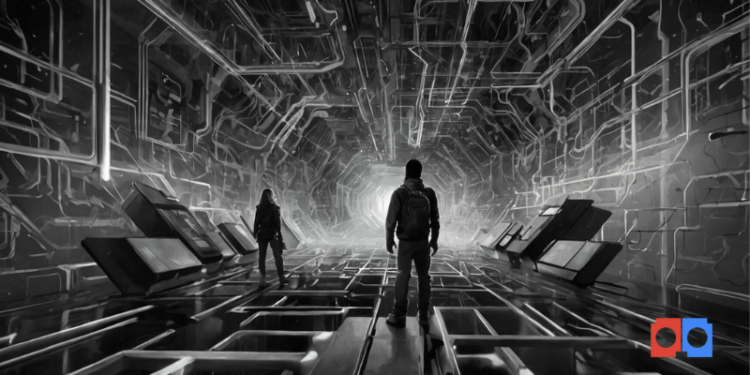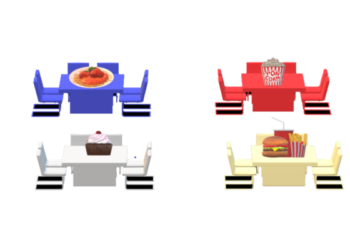Nokia, a telecommunications infrastructure company, expects a rise in network consumption as a result of developments in the metaverse, Web3, and AI in their Technology Strategy 2030 report.
TakeAway Points:
- Nokia projects a rise in network consumption due to developments in the metaverse, Web3, and AI.
- The metaverse will transform manufacturing operations, from design to testing, real-time monitoring, and remote maintenance.
- According to the report, the network will combine IP routing, optical networks, mobile and fixed broadband, and services and software for managing these networks.
Nokia’s Future Connectivity
Nokia projects a massive increase in connected devices worldwide by 2030, which will propel the widespread adoption of the metaverse in the consumer, business, and industrial domains due to the developments in the metaverse, Web3, and AI.
“For networks to meet the escalating demands for latency and throughput in the future, they will need to evolve into cognitive and automated ecosystems capable of addressing the transformative needs and operating models of diverse organizations, industries and consumers.”
the report reads.
Nokia highlights the necessity of creating a future network architecture that can adapt to the changing needs of the developing technology sector.
The business projects that between 2022 and 2030, network demand will rise by 22% to 25%, with the increasing use of virtual reality devices and generative AI as major contributors. Within the next few years, the corporation plans to invest significantly in a variety of network services and equipment.
Nokia plans to focus on six ecosystems, but the Internet of Value is particularly noteworthy because it emphasizes blockchain, smart contracts, and decentralization. Nokia will focus on improving human capacities, split processing, and spatial computing in the metaverse.
Future Digital Transformation
According to the report, manufacturing facilities and supply chains will change significantly, and businesses and distributor systems will communicate in real time to facilitate effective supply estimation and planning. The metaverse will transform manufacturing operations, from design to testing, real-time monitoring, and remote maintenance.
Nokia noted that advanced AI and cloud computing have become indispensable for enterprises embarking on a digital transformation journey. Enterprises are also witnessing the rise of Web3, an Internet infrastructure based on blockchain that is decentralized and user-focused.
However, the project sees that in the upcoming years, there will be a greater uptake of multi-cloud architecture and the creation of creative business models using AI-embedded products.
Moreover, Nokia’s Technology Strategy 2030 places a strong emphasis on advanced, dynamic, and intelligent network infrastructure capable of real-time performance optimization, zero-touch automation, customer experience analytics, advanced security, privacy features, and more.
Network architects will be able to manage interconnected infrastructures more efficiently and provide service providers and companies with useful situational information thanks to the integration of a digital twin system with several APIs.
“For networks to meet the escalating demands for latency and throughput in the future, they will need to evolve into cognitive and automated ecosystems capable of addressing the transformative needs and operating models of diverse organizations, industries and consumers.”
the report added.
Nokia hopes to establish a single network for all services by spearheading the shift of multinational corporations into smart virtual networks. This will involve combining IP routing, optical networks, mobile and fixed broadband, and services and software for managing these networks.
















